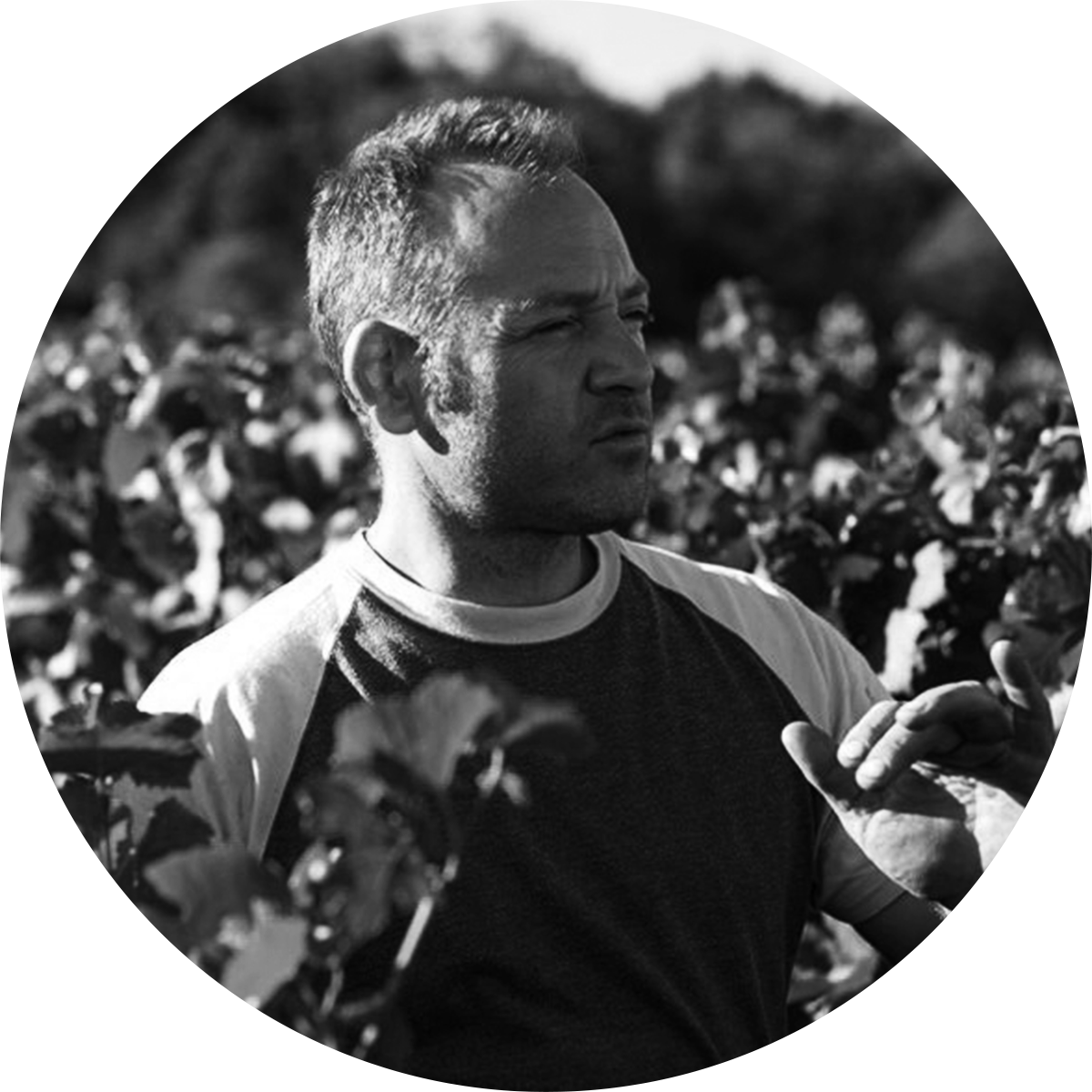CLOS DES VIGNES DU MAYNES
JULIEN GUILLOT
Burgundy, France
Clos de Vignes du Maynes belonged to the monks of the Cluny Abbey who planted its vines. Since then, the land has always been run by nature’s good graces, making the Guillot family one of the oldest organically farmed wineries in France.
The Guillots have owned the Domain since 1954 and have implemented organic ways to grow the vines since the beginning. Since Julien took over the 7 hectares of the Domaine, he took the farming one step further into biodynamic viticulture.
-
CULT WINES - Champagne, Jura & Burgundy 10.10.2024
Regular price HK$320.00Regular priceUnit price / per -
Clos des vignes du Maynes Macon Cruzille Aragonite 2021
Regular price From HK$595.00Regular priceUnit price / per -
Clos des Vignes du Maynes MâconCruzille Les Chassagnes 2019 Magnum
Regular price HK$1,370.00Regular priceUnit price / per
BACKGROUND OF NATURAL WINE IN BURGUNDY
Revered for its exceptional Pinot Noir and Chardonnay, Burgundy stretches from Chablis in the north, to the Beaujolais region in the south. Its wines are terroir-driven that reflect the diverse soils and microclimates. The Côte d'Or, home to famous appellations such as Gevrey-Chambertin and Meursault, is particularly esteemed for producing some of Burgundy's most sought-after wines. With a history dating back centuries, Burgundy's winemaking tradition, meticulous vineyard management, and strict quality standards have cemented its reputation as a benchmark for excellence in the world of wine.
Organic, Biodynamic and Natural wine. What’s the difference?
To understand this concept and its various ramifications, it is necessary to keep something clear in mind: before the 20th century and the spreading of affordable synthetic fertilisers, all farming was organic. When the shift to the use of synthetics and pesticides happened, it became necessary to diversify traditional organic farming from the new modern farming.
ORGANIC WINE
Simply put, organic farming forbids the use of synthetic fertilisers, synthetic pesticides, herbicides, or genetically modified organisms. The basic requirements are generally specific and engage the farmers not to use any chemical fertilisers and other synthetic products in the vineyard. It does not prevent the vintner from using the conventional winemaking process after harvesting.
BIODYNAMIC WINE
Let’s take organic farming one step further: Biodynamic. The creator of this agricultural system is the Austrian philosopher Rudolf Steiner, who developed the principles of biodynamics in a series of lectures given in 1924 in Germany. Here lies the foundation of true organic wines, with a strict limit in the use of additives, stringent requirements and at the end obtaining a biodynamic certification.
NATURAL WINE
The previous definitions are usually, and rightfully, associated with it, because most natural wine is also organic and/or biodynamic. But not vice versa!
Natural wine is wine in its purest form, simply described as nothing added, nothing taken away, just grapes fermented. No manipulation whatsoever, minimal intervention both in the vineyards and in the winery. Healthy grapes, natural yeast and natural fermentation, with no filtration nor fining. Sounds easy, right? However, making natural wine is unforgiving and it requires a bigger amount of work than conventional wine. To this day, natural wine has no certification yet.








